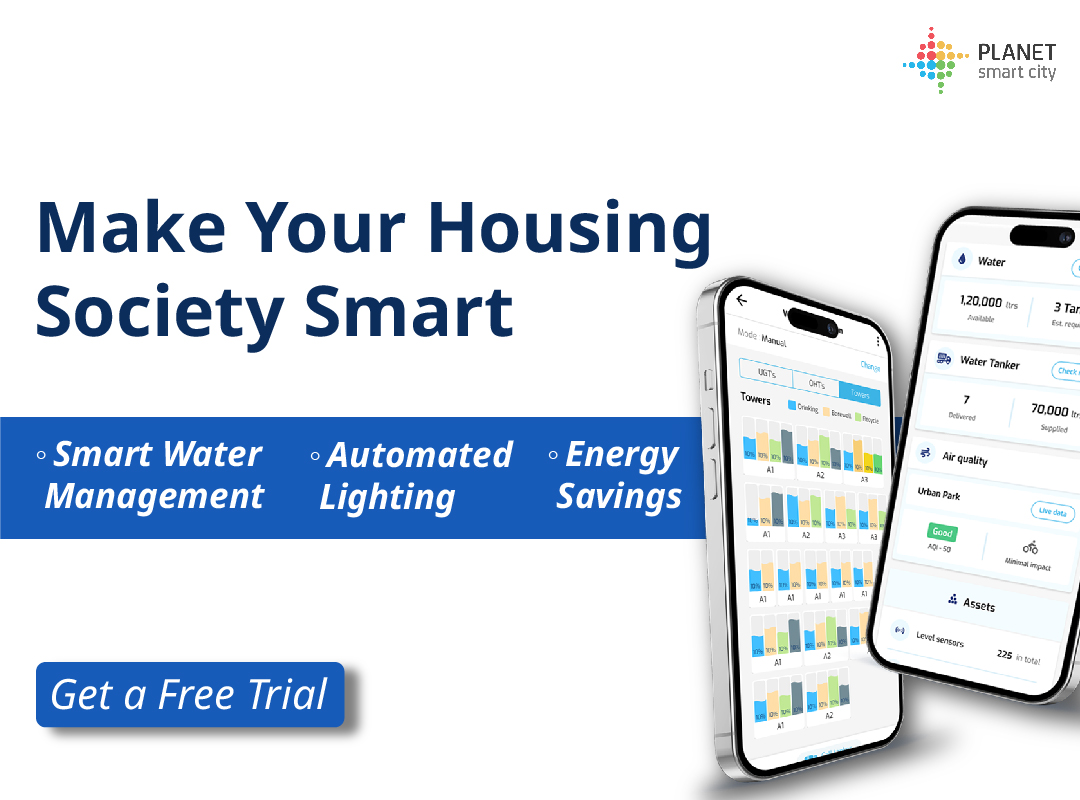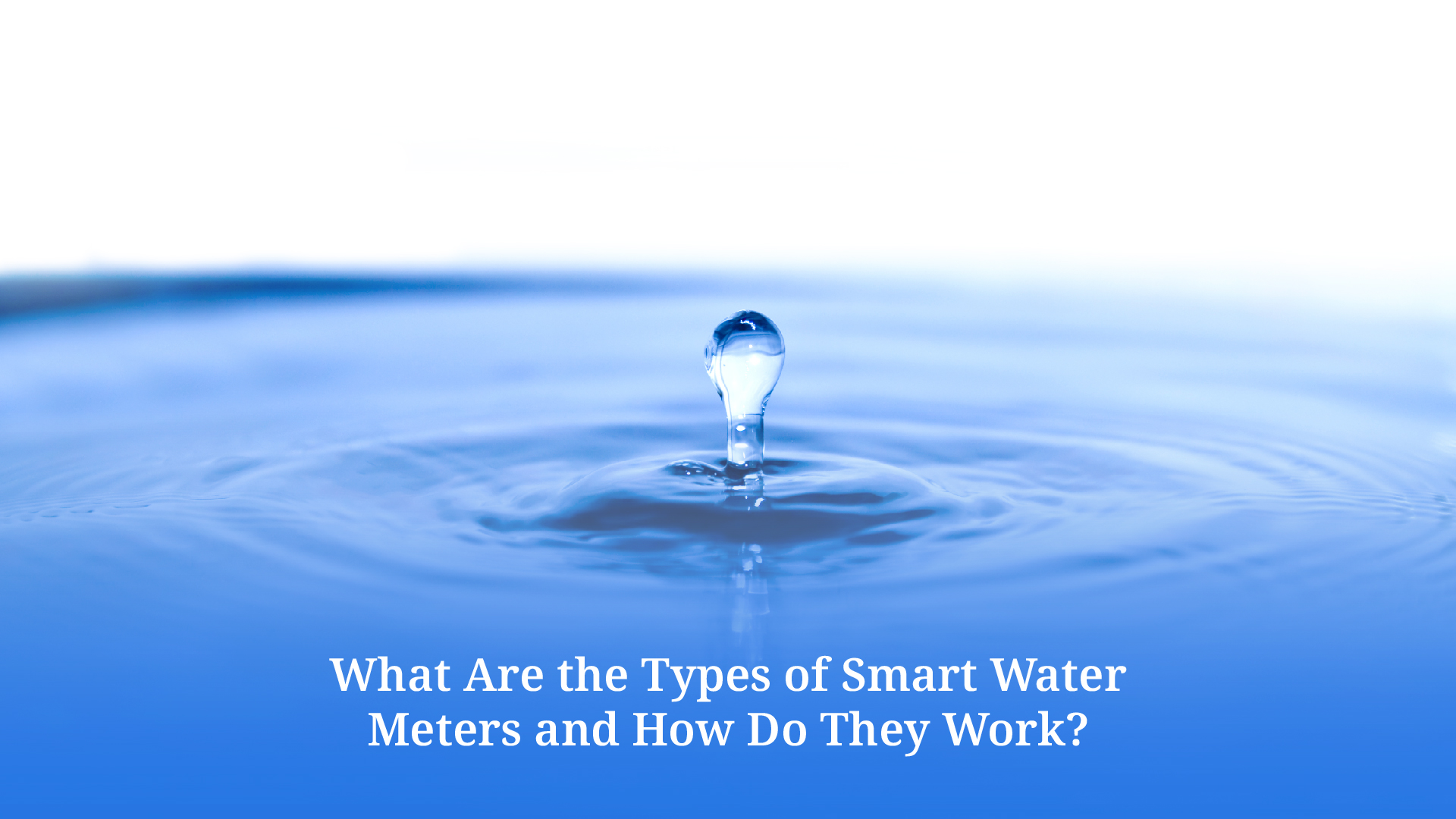Urban digitisation on a human scale

Over the past decade, a number of global trends have been driving deep-seated changes in the way people live around the world: the increasing urbanisation of the world’s populations; the introduction of artificial intelligence, robotics and IoT devices; environmental changes that require increasing attention in behaviour change and policy; population growth in Africa, Asia and Latin America; and the growing purchasing power of the middle classes in developing countries.
According to a report published by the United Nations in 2015, population growth combined with the gradual shift from rural to urban areas will add an additional 2.5 billion people to urban areas by 2050, reaching an urbanisation rate of 68% compared to 55% in 2015. The scale and pace of change is unprecedented. A new UN report presented in May 2019 predicts that almost 90% of the increase will take place in Asia and Africa.
By 2050, the urban populations of India, China and Nigeria will increase by 416, 255 and 189 million respectively. All these changes and challenges intersect in an area that is set to become increasingly important for our communities and the environment as time goes on: building the cities of the future. Whether it’s building new cities or redesigning current ones, people on all continents want to live in cities designed with the environment, sustainability, safety and quality of life in mind.
Centuries ago, the emergence and expansion of municipalities spurred the development of humanism and the renaissance. In the present age of artificial intelligence, the creation of sustainable housing solutions where communities are placed at the centre is fundamental to managing the social impact of changes we are experiencing which will take even deeper forms in the coming years. This means we must harness the power of technology to enrich and simplify the lives of tens of millions of people that require homes in high population growth countries, whilst improving services for those living in regenerated neighbourhoods in developed countries.
In future cities, digital infrastructure will enable the provision of new services to support community development, provide a green and sustainable environment and improve social inclusion and well-being of people. Today’s citizens are not only looking for spaces to live, but for those where services are available. Digital apps can be used to promote a higher level of environmental awareness – for example, we are now able to implement digital tools that allow residents to be aware of their energy consumption. By reviewing their consumption and how much they spend per day, residents are more likely to reduce their water and energy usage and switch off appliances remotely. This is the first step towards sustainable living.
In addition, artificial intelligence and big data can facilitate improved energy balance across a large number of homes. This information can be used to negotiate better contracts for residents, allowing them to save money and improve their daily life, whilst also facilitating the design of infrastructure and electricity networks sized according to real needs. Affordable housing supported by digital services is a very valuable solution to meet the needs of residents, while promoting a more environmentally conscious, inclusive and economically viable way of life for future generations.

Technology can offer innovative solutions for both new cities built mainly in developing countries, as well as regeneration and renovation projects in developed neighbourhoods where new design concepts and technological solutions add immense value to the area and are widely appreciated by residents. Supporting social inclusion, overcoming illiteracy and bridging the digital divide is a very important goal that we must achieve in our society and in our future cities.
To conclude, cities supported by technological solutions focused on people’s needs are an important political project to be pursued. Our ability to positively change a community’s way of life by generating economic savings and fostering growth is a key challenge.
Cristiano Radaelli
Chief Innovation Officer




